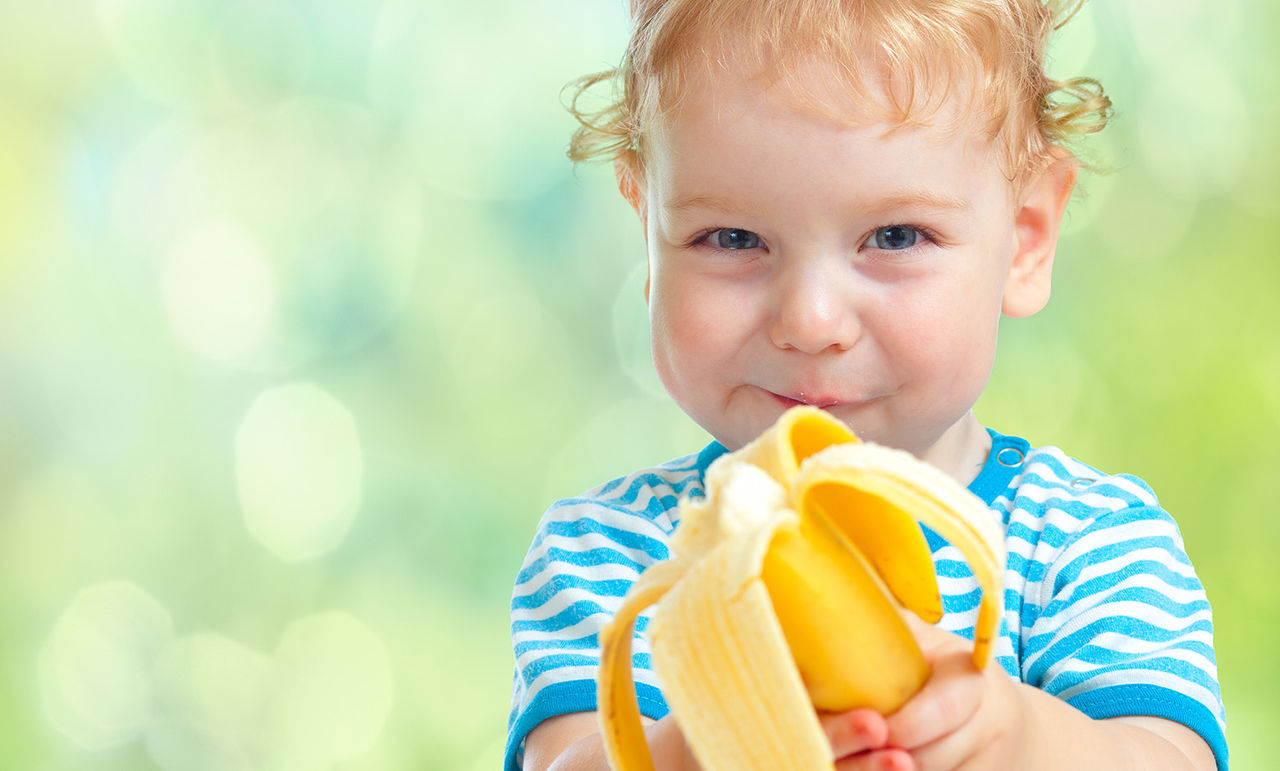- Keep a bag packed with the essentials so you don’t have to repack every time
- Time outings around naps to avoid disrupting your child’s sleep schedules
- Allow yourself more time to accomplish fewer things
5 tips for leaving the house with a baby

Key points
Heading out used to be simple – you’d grab your phone, wallet and keys and be off without a second thought. But as any new parent knows, leaving the house with a new baby is a whole different ball game: there are nap and feeding times to be juggled, countless items to pack, and nappy changes to navigate.
It might seem overwhelming at first, but with a bit of preparation you and your little one can learn to enjoy frequent trips to the shops, park or café. If you’re looking to get out and about with your child, here are some tips on removing some of the stress.
1. Keep a bag packed
Gathering all the items you need for a “quick” outing can feel like packing for a two-week holiday. To save you repacking the essentials every time you pop out the door, consider keeping a bag stocked with everything you might need for any given outing. You’ll want to include supplies such as:
- Nappies
- Wipes
- A changing mat
- A change of clothes
- Wraps and/or blankets
- A dummy
- Toys
- Milk/water/food supplies
If you usually drive, you might want to store this bag in your car, alongside other high-use items such as a pram or baby carrier. Alternatively, keep the bag by the front door so you can grab it on your way out without having to think twice.
2. Time outings around naps
If you’ve ever dealt with an overtired baby, you’ll know the perils of disrupting nap time. To avert disaster, plan your outings around your child’s sleeping habits. If they have a reliable sleep schedule, you might plan outings to coincide with when they’re awake, so they can get some outside stimulation. Just make sure you leave enough time to get home before they hit the wall – no one wants a car park temper tantrum. Alternatively, if your little one has no problem sleeping in their pram, you might plan to be out and about during their scheduled down-time, so you can do the shopping or have that coffee while they doze.
3. Do the hard stuff before you leave
Changing a nappy isn’t complicated, but doing it on the run can add extra layers of difficulty. To minimise the time you’ll spend in public bathrooms or leaning into the boot of your car, aim to change your baby’s nappy right before your leave the house, where everything you’ll need is on hand.
The same goes for feeding, which can be more stressful on the go. Make things easier on yourself (and your bub) by feeding just before you leave. This might not always be possible – hunger can be unpredictable – but it’s a useful goal to aim for.
4. Consider how you’ll get around
Some places are more pram-friendly than others. Before leaving the house, consider whether you’ll be able to push your little one around with ease, or if stairs, tightly packed tables or uneven surfaces (like cobblestones or sand) might make things difficult. If in doubt, call ahead to check.
If manoeuvring a pram will be inconvenient, consider transporting your little one in a baby carrier. Just make sure you’re up for the task – babies can be surprisingly heavy, so this option might be best reserved for shorter outings, or ones where you don’t have to lug around groceries.
5. Give yourself more time
With a baby in tow, even a simple sprint to the shops can seem like a marathon. Don’t fear: outings will get faster with practise. For now, try to be realistic about what you can achieve in a given timeframe. (Hint: it’s less than you could before you had a full-time distraction to care for!)
To start off, build in extra cushions of time for every outing, no matter how small. What was once a 10-minute trip might now take half an hour, and that’s OK. To keep things simple, focus on running a single errand at a time. Getting in and out of the car multiple times per trip can add unnecessary stress, as can going too long between feeds, changes and naps. Limit your expectations, then slowly build up your goals as the two of you gain more experience.
Related pages

Get in touch with our Careline experts
When your little one is unhappy or unwell you want reliable support from a trusted source. Our Careline team of nutritionists, dietitians and midwives specialise in infant and child health, offering free nutrition, feeding and product information.
Every feeding journey is unique
Not every parent can produce breast milk. No matter what choice you make, we will support your unique feeding journey.
We at Nutricia believe in providing the best nutrition for babies, which is why we recognise breast milk is uniquely superior for babies as it provides many benefits. It is important that mums have a healthy diet to support breastfeeding. A decision not to breastfeed, or partial bottle feed, may reduce breast milk supply making it difficult to reverse. The cost and social implications of using feeding methods should be considered. Always seek professional advice about feeding your baby. Ensure formula is used as directed as improper use can affect baby’s health.
REMEMBER: The information on this page is general only. If you have any concerns about your baby’s poo or questions about constipation or any other health concerns, please speak to a healthcare professional, like a Pharmacist, GP or Maternal Child Health Nurse.



